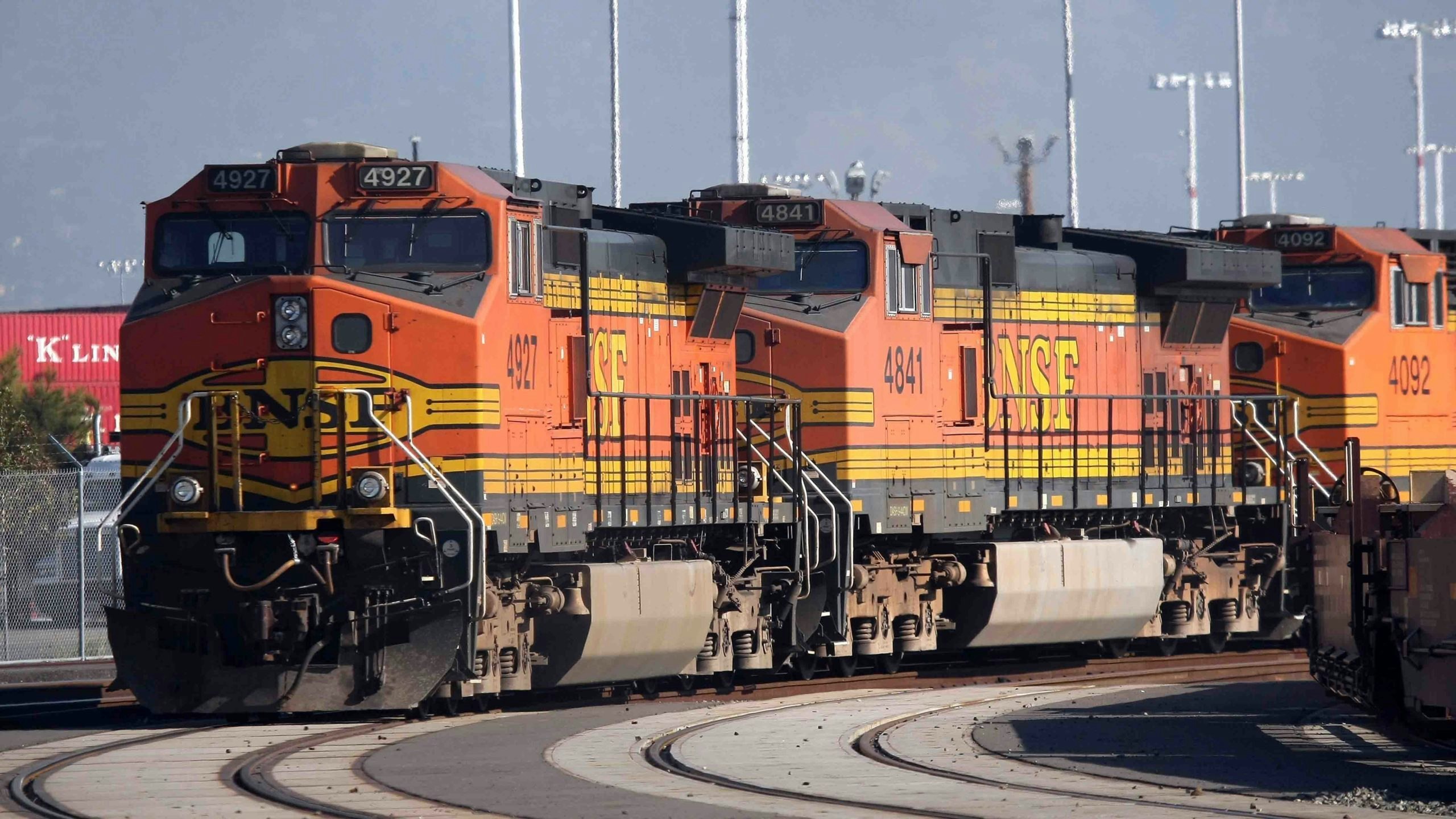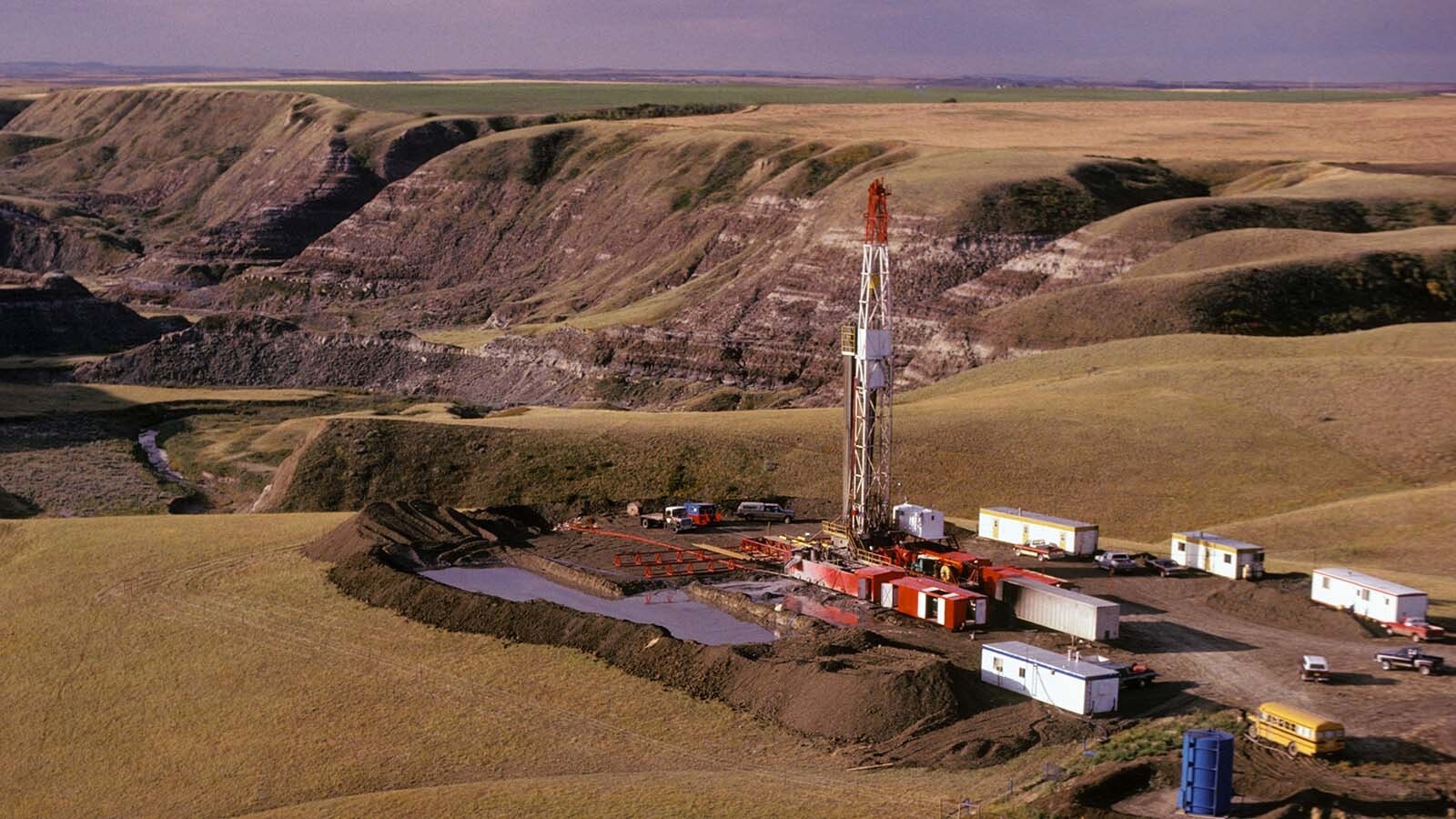Wyoming mineral producers may have issued a collective sigh of relief Thursday morning.
According to the White House and various railroad groups, a tentative agreement has been reached between railroad companies and unions, avoiding a strike that would have had a disastrous effect on Wyoming’s mineral industry and consumers nationwide.
“We’re very pleased about a tentative deal in sight but we’re holding our breath until it is finalized,” said Travis Deti, executive director of the Wyoming Mining Association.
Early Thursday morning, President Joe Biden announced a deal had been struck between rail companies and their labor unions, fending off a strike that would have started Friday. The impending strike already led to the cancellation of Amtrak’s long-distance passenger trains and would have severely hampered the distribution of some of America’s most critical goods.
Deti said this strike would have had a dramatic effect not only on coal, but also natural soda ash and bentonite producers in Wyoming.
He said rail is the only mode of transportation possible to ship coal outside of the state. Deti said a strike would have dramatically impacted energy prices for consumers nationwide, as supplies of coal are already historically low, at levels not seen since the 1970s.
In many ways, a strike would have exacerbated an already less than desirable relationship between energy producers and the railroad.
Deti said railroad companies have not been able to provide enough railcars to ship coal out in recent years. It’s a deeply frustrating situation for coal producers, who have an opportune market to compete in right now with high consumer demand brought on by high gas prices.
“We’re probably missing out (on shipping) 30 million tons of coal this year,” he said. “We’re simply not getting a lot of coal out right now.”
He said it is local governments and schools that bear the trickle-down effect of decreasing mineral revenues.The State of Wyoming relies on a significant portion of its yearly revenue from energy.
“The effects are tremendous,” Deti said. “We just can’t get it out of the state and that’s lost revenue for the state and local governments.”
Ryan McConnaughey, vice president and director of communications for the Petroleum Association of Wyoming, said a railroad strike could have significant impacts “all along the petroleum landscape.” Petroleum refineries heavily depend on the railroad for shipping in supplies and exporting products.
McConnaughey said a railroad strike would have also impacted natural gas producers. He said these producers rely on trains for bringing various supplies that are used during production, such as the steel pipe used for drilling. He said the supply chains for many of these products have already been hampered due to the COVID-19 pandemic.
“It’s a pretty big concern when it comes to a delay or halting of rail movement,” McConnaughey said.
Deti said he is hopeful but not confident railroads can continue to avoid a strike and provide more railcars in the future.
“In the case of a strike, this country would be in a world of hurt,” he said.





